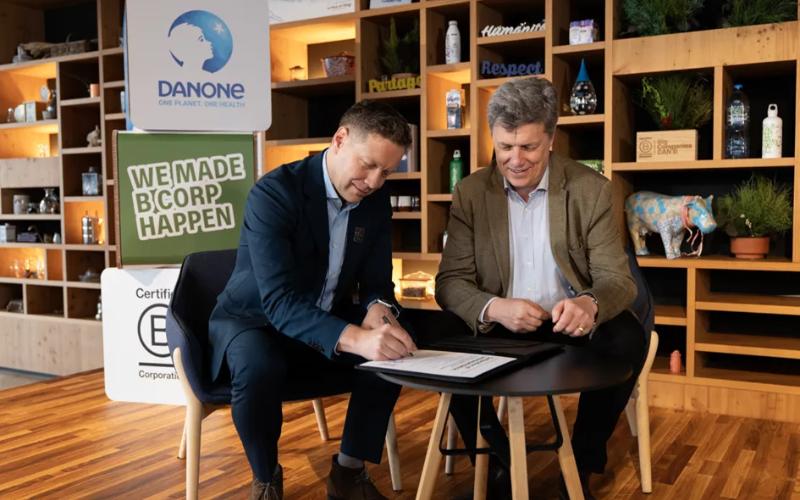European Parliament Advances New Regulatory Framework for Genomic Techniques
The European Parliament's Committee on Environment, Public Health, and Food Safety has approved a new regulatory framework for New Genomic Techniques (NGT). These techniques encompass a range of methods altering an organism's genetic material. At present, all plants developed through NGT are subject to stringent regulations akin to those governing genetically modified organisms (GMOs).

NGT holds promise for enhancing the sustainability and resilience of the food system by creating plant varieties that are climate-resistant, pest-resistant, yield higher crops, or require fewer fertilizers and pesticides. The European Food Safety Authority has evaluated potential safety concerns associated with NGT.
Under the newly approved framework, NGT plants will be categorized into two groups with distinct sets of rules. NGT 1 plants, considered equivalent to conventional ones, would be exempt from GMO legislation requirements. Meanwhile, NGT 2 plants would adhere to the GMO framework.
The Committee also emphasized the prohibition of NGT plants in organic production, pending further evaluation of compatibility. Amendments were made to the rules for NGT 1 plants, including modifications to size and number criteria. MEPs advocated for labeling NGT seeds and the creation of a public online list for NGT 1 plants.
While no mandatory labeling at the consumer level for NGT 1 plants was proposed, MEPs urged the commission to monitor consumer and producer perceptions of these techniques seven years after implementation. For NGT 2 plants, GMO legislation requirements, including mandatory labeling, will be maintained.
In an effort to encourage the adoption of NGT, MEPs supported an accelerated risk assessment procedure, considering their potential contribution to a more sustainable agri-food system. However, they underscored the importance of respecting the precautionary principle.
To address legal uncertainties and prevent increased costs and dependencies for farmers and breeders, MEPs proposed a complete ban on patents for all NGT plants, genetic information, and associated features. A report on the impact of patents on breeders' and farmers' access to plant reproductive material is expected by June 2025, along with a legislative proposal to update EU rules on intellectual property rights accordingly.
Rapporteur Jessica Polfjärd highlighted the proposal's significance in strengthening Europe's food safety sustainably and expressed eagerness to conclude negotiations with the Council after the European Parliament's mandate adoption during its February 5-8 plenary session.
Under the newly approved framework, NGT plants will be categorized into two groups with distinct sets of rules. NGT 1 plants, considered equivalent to conventional ones, would be exempt from GMO legislation requirements. Meanwhile, NGT 2 plants would adhere to the GMO framework.
The Committee also emphasized the prohibition of NGT plants in organic production, pending further evaluation of compatibility. Amendments were made to the rules for NGT 1 plants, including modifications to size and number criteria. MEPs advocated for labeling NGT seeds and the creation of a public online list for NGT 1 plants.
While no mandatory labeling at the consumer level for NGT 1 plants was proposed, MEPs urged the commission to monitor consumer and producer perceptions of these techniques seven years after implementation. For NGT 2 plants, GMO legislation requirements, including mandatory labeling, will be maintained.
In an effort to encourage the adoption of NGT, MEPs supported an accelerated risk assessment procedure, considering their potential contribution to a more sustainable agri-food system. However, they underscored the importance of respecting the precautionary principle.
To address legal uncertainties and prevent increased costs and dependencies for farmers and breeders, MEPs proposed a complete ban on patents for all NGT plants, genetic information, and associated features. A report on the impact of patents on breeders' and farmers' access to plant reproductive material is expected by June 2025, along with a legislative proposal to update EU rules on intellectual property rights accordingly.
Rapporteur Jessica Polfjärd highlighted the proposal's significance in strengthening Europe's food safety sustainably and expressed eagerness to conclude negotiations with the Council after the European Parliament's mandate adoption during its February 5-8 plenary session.











